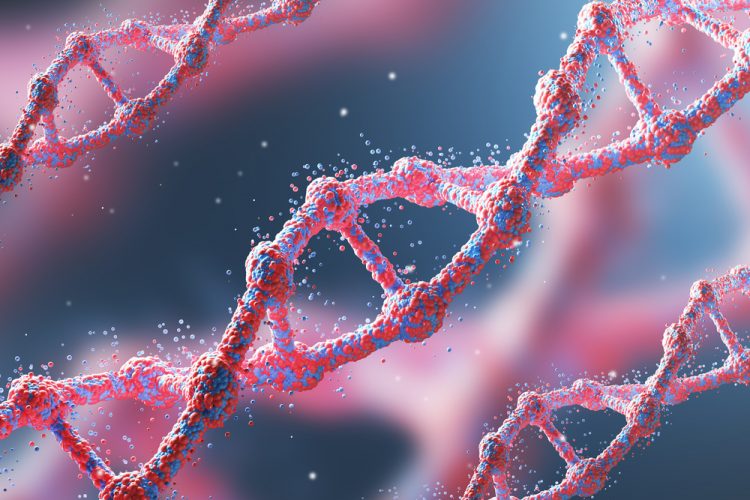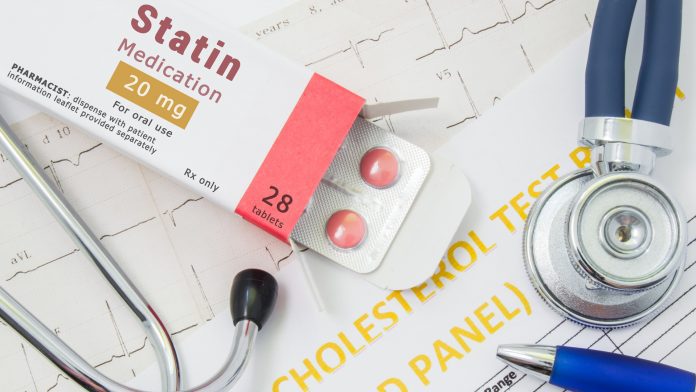The commonly prescribed cholesterol-lowering drugs, statins, may have a surprising potential of treating cancer, as a recent report in the journal Clinical and Translational Medicine says. This recent study by a research group at the Experimental and Clinical Research Center (ECRC) and Charité – Universitätsmedizin Berlin has startled the medical research community by reporting a potential metastasis-preventing effect of the well-known class of drugs.

According to the article, statins can inhibit the metastasis-associated in colon cancer 1 (MACC1) gene, which promotes cancer cell metastasis.
Cancer Metastasis is the real threat
The majority of cancer deaths are caused by metastasis, which occurs when cells detach from the original tumor and move to other parts of the body. The American Cancer Society says that metastasis is the primary reason behind the difficulties of cancer treatment. The process often occurs in the early phases of the disease, even when the tumor has not been detected. Once the cancer cell starts spreading, the complexity of the disease naturally multiplicates. Researchers are working to better understand the mechanisms of metastasis and identify ways to prevent it in cancer patients.
Discovery of MACC1
For more than a decade, researchers at the ECRC, a joint institution of the Max Delbrück Centre for Molecular Medicine in the Helmholtz Association (MDC) and Charité – Universitätsmedizin Berlin, have been studying the molecular basis of cancer metastasis.

Professor Ulrike Stein and her research group at ECRC reported the MACC1 gene in 2009, which is a crucial driver of metastasis in human colorectal cancer. The group identified the MACC1 gene as a prognostic and predictive biomarker for over twenty solid tumors, including gastric, liver, and breast cancer.
What Statins do
Statins are cholesterol-lowering medications. They operate by preventing the body from producing a chemical required for cholesterol production. However, statins have a lot more advantages than just lowering cholesterol. These drugs have also been associated with a decreased risk of heart disease and stroke. These drugs cause stabilization of plaques on blood vessel walls and minimize the risk of blood clots formation.
The study discovered that statins can suppress MACC1 expression in tumor cells. Using high-throughput drug screening, the researchers found that statins bear the potential to inhibit MACC1 expression. Along the line, they applied the drugs to other tumor cell lines and discovered that all seven of them lowered MACC1 expression with varying efficiencies. They discovered that administering the medications to genetically engineered mice with enhanced MACC1 expression nearly totally inhibited the growth of tumors and metastases. Even after the researchers adjusted the dosage to human equivalents, the effects persisted.
Why Statins
Statins are already several steps ahead of their competitors as they are already approved for human use as cholesterol-lowering medications. This implies they have already passed the stringent tests performed by the regulatory bodies on new drug candidates. Hence, their approval for the new treatment is expected to be faster.

In addition, Preißner and researchers at the University of Virginia, after analyzing data from 300,000 patients on statin prescriptions, found that these patients exhibit only half the cancer incidence compared to that in the general population.
Is the war won
Despite the potential benefits of statins to treat cancer, worries remain regarding the potential adverse effects of the drugs. Statins commonly cause muscular pain, liver damage, and an increased chance of developing type 2 diabetes. These adverse effects can be severe, limiting statin therapy in certain people.
Moreover, a crucial point to note is statin therapy may not benefit all Consequently, the application of statins may be restricted to particular forms of cancer.
Thus, further investigations are needed to assess the safety and usefulness of statins in cancer patients. Clinical trials will be required to evaluate if statins may be repurposed as cancer treatments and which patients would benefit the most from the statin treatment.












